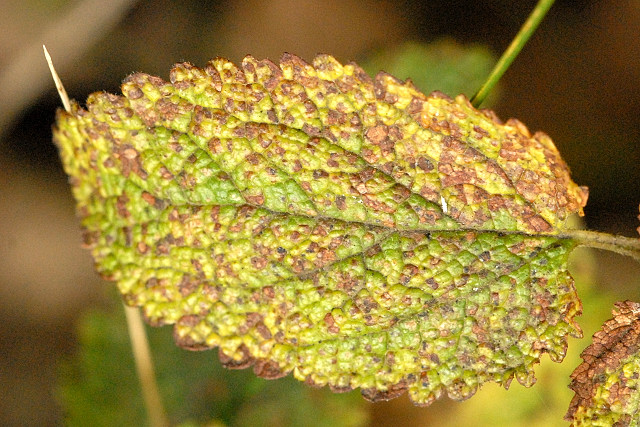Synthetic fungal compound activates cancers self-destruct switch
Date: 19.6.2020
All cells in the human body have a shelf-life, but those of the cancerous variety use some cunning trickery to outlive their expiry dates and continue spreading throughout the body.
 Scientists at the University of Tokyo have developed a synthetic version of a fungal compound that could help swing things back in our favor, by reactivating a missing gene that would normally drive these sinister cells to self-destruction.
Scientists at the University of Tokyo have developed a synthetic version of a fungal compound that could help swing things back in our favor, by reactivating a missing gene that would normally drive these sinister cells to self-destruction.
As our cells fulfill their roles and edge towards the end of their lives, they undergo a form of programmed death called apoptosis, clearing the way for fresher and healthier cells. But with the help of genetic mutations, cancer cells are able to avoid this fate and go on multiplying to form tumors.
Targeting this mechanism and initiating apoptosis in cancer cells has been a major focus for researchers in the field, with compounds in olive oil and others that flush them with salt a couple of techniques that have shown promise in recent times. And in a naturally occurring compound found in the fungus species Ascochyta, scientists uncovered another exciting possibility.
Previous experiments had shown this compound, called FE399, could trigger apoptosis in cancer cells in vitro, by reinstating the self-destruct gene that drives the programmed death process. The compound had shown particular promise against colorectal cancer, but the complex nature of the compound meant that reproducing it in meaningful quantities was a tall order.
Extracting natural versions of FE399 from the fungus was not a viable option, setting up a significant roadblock for use of this promising anti-cancer compound. But the University of Tokyo team was determined to find a way forward, and set out to develop a complete, synthetic version of the compound to pave the way for mass production.























